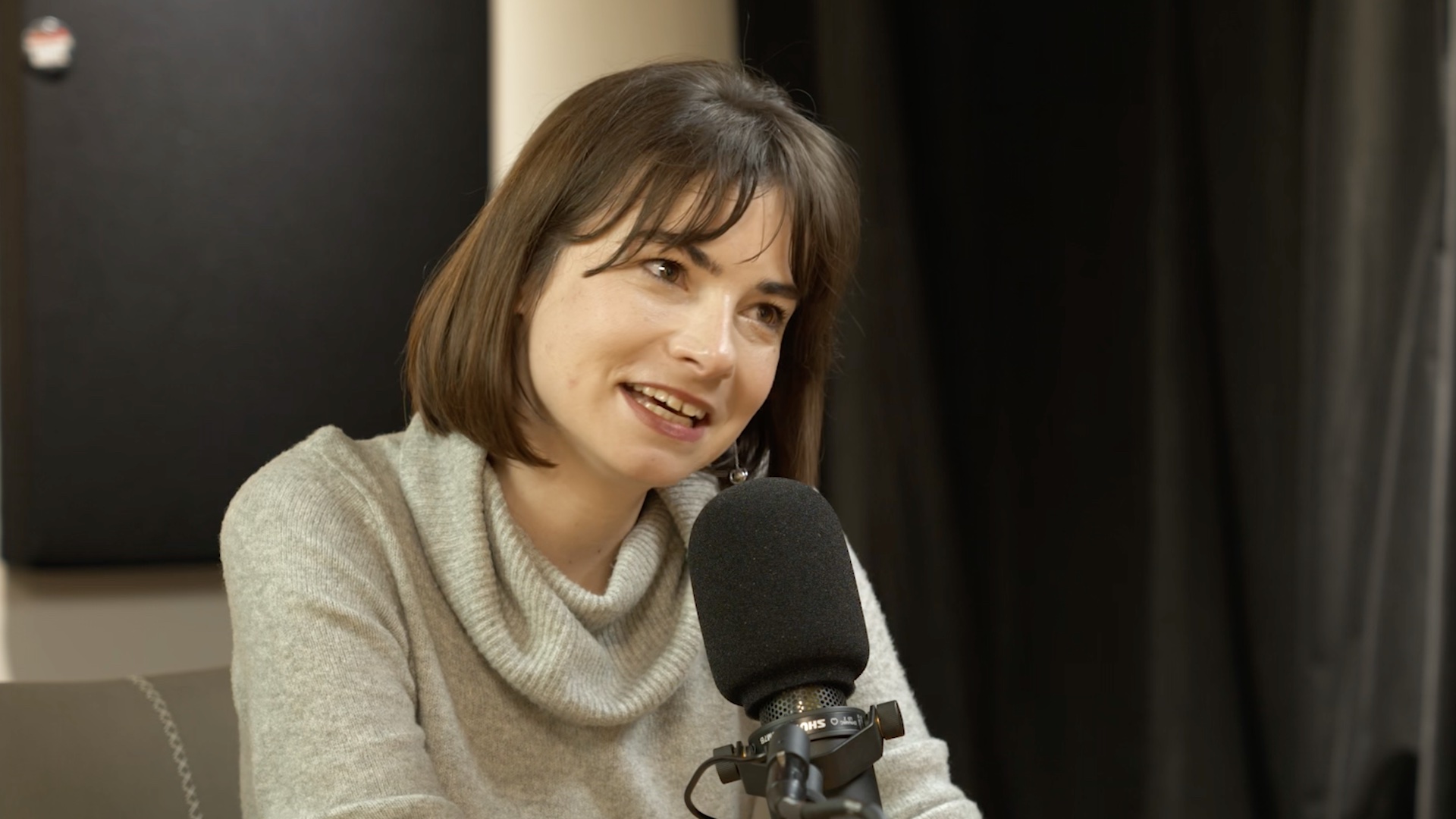He is one of the central figures of modern Czech philosophy. He focuses on Hegelian thought, but also tries to make his discipline and worldview visible outside of academia, whether through his texts in the media or podcasts. Tereza Matějčková is said to have received criticism from her academic peers for this. But he also expressed himself about current issues and added to them a perspective that was a bit lost in the froth of those days.
Although known to the public as a philosopher, he himself rejected the label. “To say Aristotle and Matějčková in the same line is a bit stupid,” Laugh. Personally, he preferred the title he taught philosophy. However, this is definitely not the only point in her biography – she was fascinated by the world of horseback riding and parkour when she was young, then she devoted herself to popular publishing activities – and that did not stop her career even outside the walls. university.
Thanks to his previous career, he is still trying to make his ideas accessible today. “It’s important for me to be understood. But following the way of the people is an insult in academia. Academic philosophy protects itself from the media.” said Tereza Matějčková on Čestmír Strakatý’s podcast, which you can listen to below. So he first had to convince his colleagues of his approach to popularization. He began to offer his views, for example, in magazines echo24.
Through her own experiences, she arrives at issues of feminism, for example — and may have unexpected insights into these issues. She claimed that just because she was a woman and an intellectual, those around her (including some students) assumed that she would adhere to feminist views. But nothing like that. Even against each presidential candidate.
She finds the current state of the debate about feminism disheartening. “I have a problem when a strong man and a helpless woman are contrasted. (…) Part of society veers to an easier path and slogans are only shouted about how women are disadvantaged. This is often not true. Presidential candidate Danuše Nerudová recently said her thesis about appearing in public, so she’s giving space to other women to appear in public as well. But I think we go further as a society.” Matějčková developed the idea.
“We don’t need a woman president. Today, young women, as well as older women, can find their own way into the public space. Entering the public space has never been easier. For all,” complementary.
While he himself was not used to commenting on politics before, he found his way into this part of his career last year thanks to the Czech Radio Plus podcast Waiting for the President. In this way, he gradually developed another new opinion on current political events. For example, he mentions the importance of the stories that individual candidates use to enter competitions. In his view, direct presidential elections have created an environment in which candidates who do not have a clear narrative will benefit.
“In the case of Andrej Babiš, what he says is no longer so important, because we have lived the story with him. And you believe him or you don’t. Or you don’t believe him and you still support him – and you have other reasons for that.” explained the philosopher. In Nerudová’s case, however, he criticized that the story was essentially invisible.
“At 43 years old, he claims to have the highest position in the state. Why doesn’t he really want to work, why doesn’t he follow the path of party politics? Why doesn’t he actually make up stories? I really think the presidency should be the pinnacle from work. (…) I don’t think the nomination really suits him,” against the former chancellor. However, he claimed that it would be inappropriate to brand him as “empty”, and said he would block insinuations at the former chancellor.
Matejčková on the Čestmír Strakatý podcast, which is available here, but also addresses topics that go far beyond the bounds of political events. For example, what he describes in his new book, which is also a habilitation document, is the concept of resignation. “When you give up on something, you paradoxically have to put in a great deal of effort, because that means proving the ability to quit at a success. Telling myself I’m not going to continue and still doesn’t take success for granted.” conclude.

“Unapologetic social media guru. General reader. Incurable pop culture specialist.”







